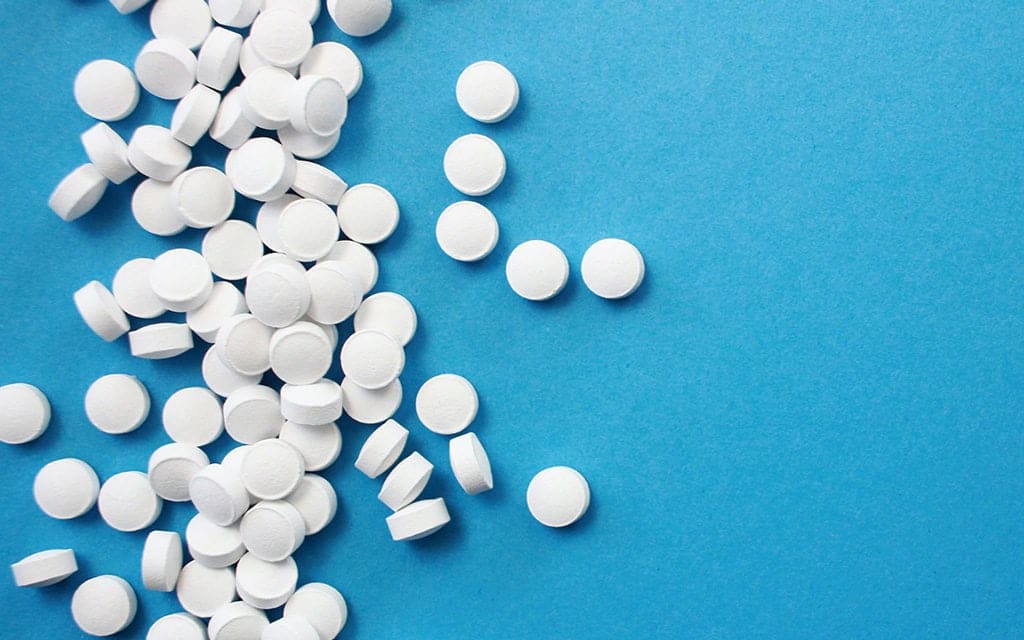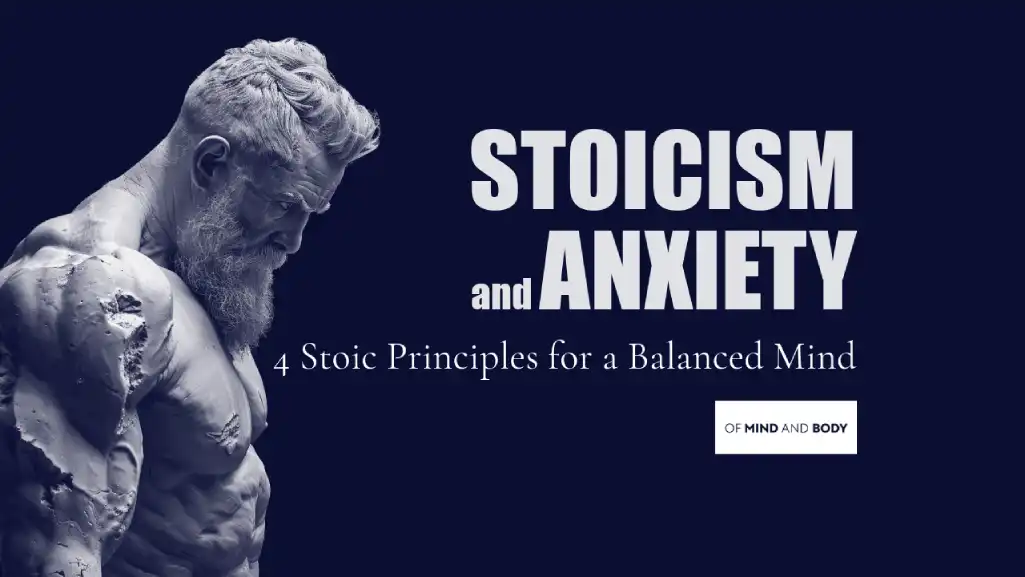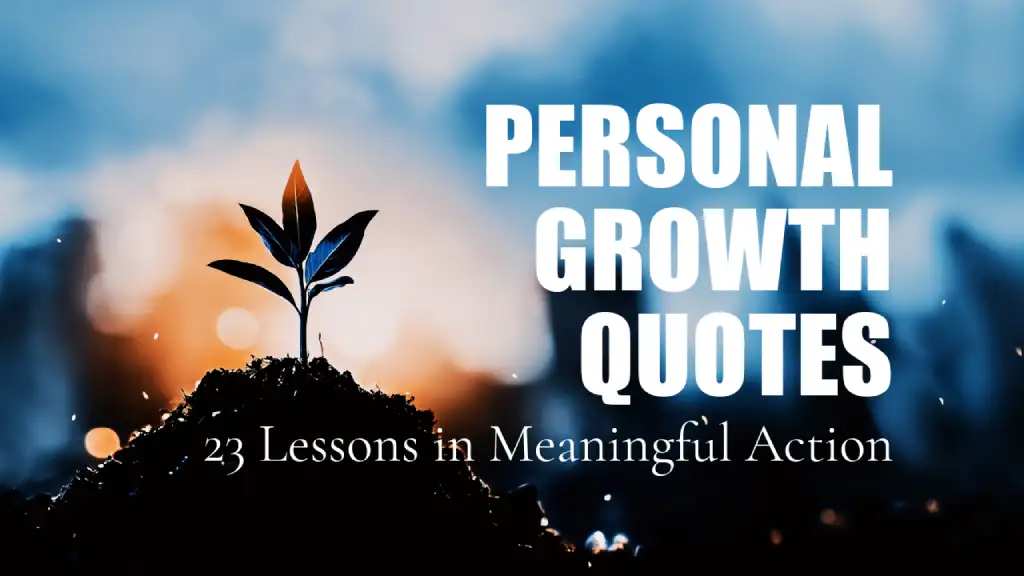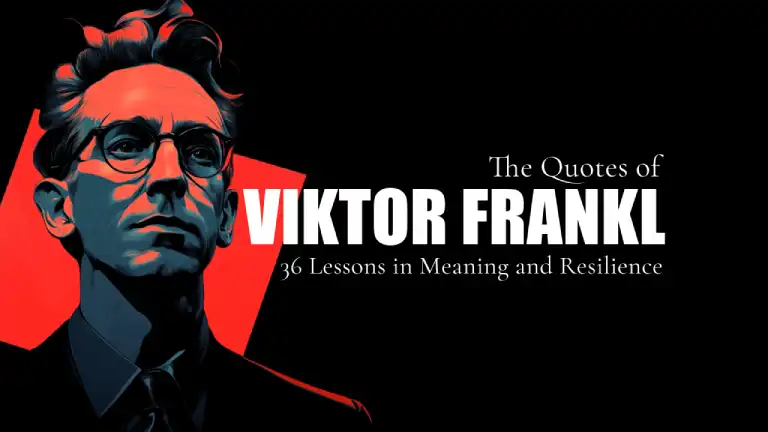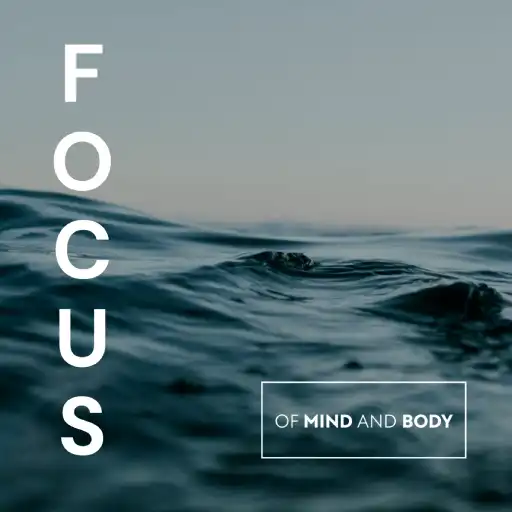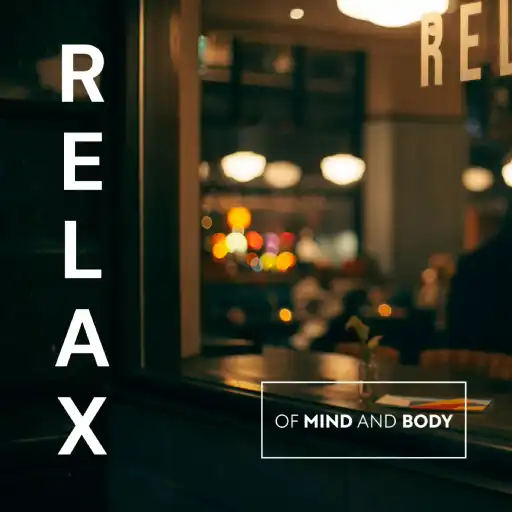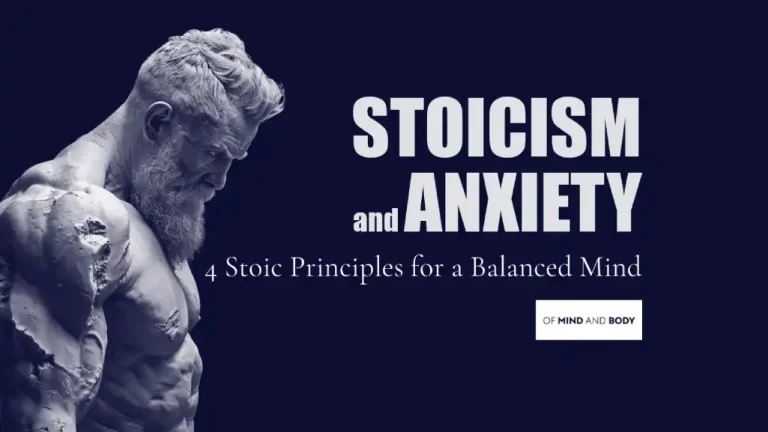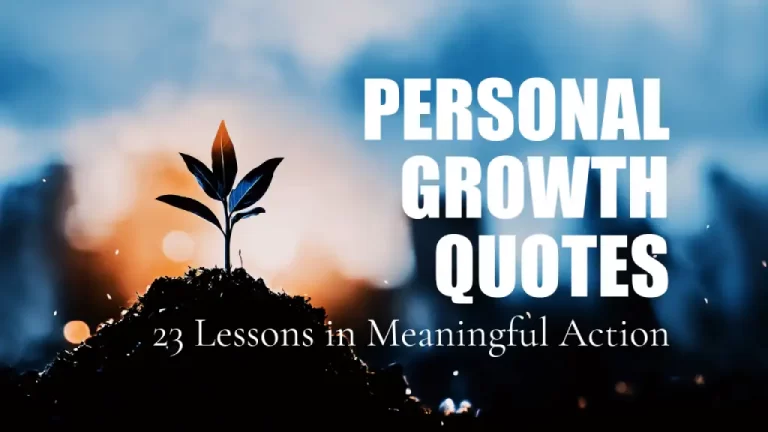In 2018 a serious relationship breakdown smashed head first into an existential/midlife crisis, which then careered into the path of an underlying anxiety problem. What crawled from the wreckage was a fairly broken shell of a human, pretty close to breaking. It was at this point I went to my GP and reluctantly asked to be prescribed some antidepressants.
As I began the course of tablets prescribed to me by my GP, a sudden fear of the unknown arose and triggered a sudden panic within. I was about to embark on a journey, and I quickly realised I had to take this journey alone. No-one could hold my hand or guide me through it.
The box of tiny white pills that potentially held the key to my mental salvation brought with it a certain amount of trepidation. What’s more it came with a list of potential side effects as long as a lockdown bog-roll queue.
Nausea, fatigue, insomnia, sexual dysfunction, aching limbs, excess sweating, weight gain, weight loss… the list read like a who’s who of physical ailments.
Fine, I thought, I can deal with these. Nothing too scary here.
What worried me the most was that these tablets were about to change the physical composition of my brain, and affect how it processes certain neurotransmitters – namely serotonin.
I had been prescribed a daily dose of 20mg of Citalopram, which seemed to be a fairly standard dose of a fairly standard antidepressant. Citalopram is in the family of SSRI’s or Selective Serotonin Reuptake Inhibitors.
It’s thought that SSRIs work by increasing serotonin levels in the brain.
Serotonin is a neurotransmitter (a messenger chemical that carries signals between nerve cells in the brain). It’s thought to have a good influence on mood, emotion and sleep.
After carrying a message, serotonin is usually reabsorbed by the nerve cells (known as “reuptake”). SSRIs work by blocking (“inhibiting”) reuptake, meaning more serotonin is available to pass further messages between nearby nerve cells.
It would be too simplistic to say that depression and related mental health conditions are caused by low serotonin levels, but a rise in serotonin levels can improve symptoms and make people more responsive to other types of treatment, such as CBT.
It was the possibility of psychological side-effects that were the biggest source of uncertainty. None of these were listed in the pamphlet that came with the tablets. There was no guide-book for dealing with this, but it seemed almost inevitable that I would experience at least some shift on my cognitive functioning, and this is where the fear lay.
What was going to happen to me?
Will this change who I am?
The answers to these questions remained elusive, and I knew deep down that no-one could answer them for me.
As much as I needed a solution to my problems, I didn’t exactly relish the thought of being turned into a spaced out zombie. I also knew I couldn’t continue on the emotional roller-coaster I had been on for the last few months.
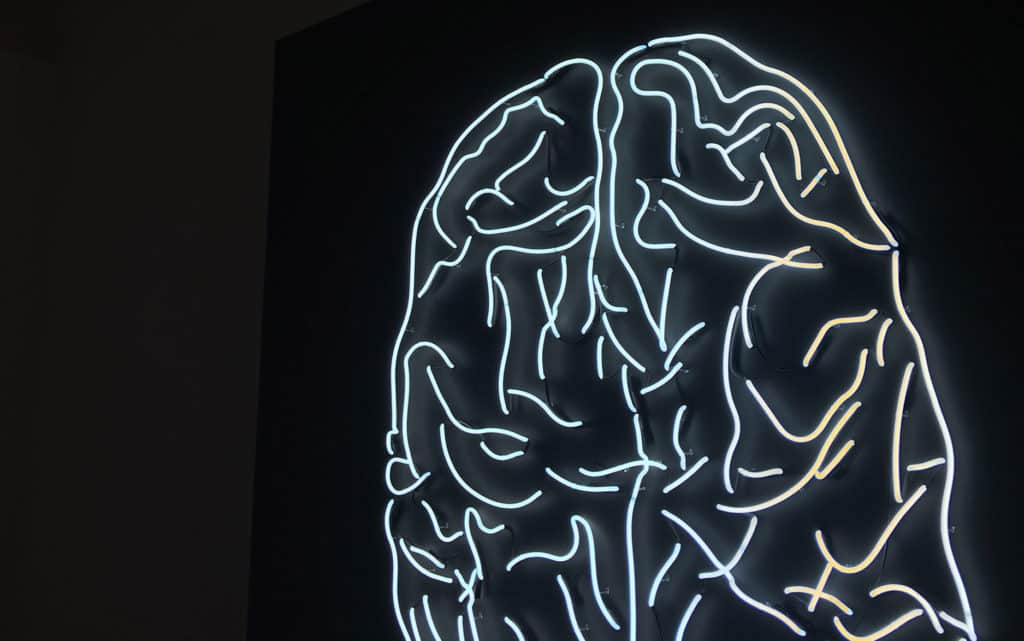
Disclaimer
Emotional distress is subjective and relative to whomever experiences it. With this in mind, I am conscious of the fact that some people experience severe and chronic depression, anxiety and other mental health issues that affect them more seriously than me.
I would in no way want to detract from their experiences, and feel a certain amount of imposter syndrome in writing this.
With that being said, I still feel that my story can have a positive impact, or shed some light, for those who find themselves in a similar boat to me. I’ve done my best to document my experience in the hope that others can find some solace or comfort in knowing that they’re not alone.
This is purely a re-telling of my experience.
The Journey
I was made aware of a few things up front:
- This was not a quick solution – the tablets would most likely take somewhere between 4-6 weeks to start working properly.
- During the initial 4-6 weeks things were likely to get worse before they got better.
This wasn’t exactly music to my ears. I was in a relatively significant amount of emotional distress, and what I really wanted was something to help me right there and then. Life is seldomly as accommodating as that, so I bit the bullet and steeled myself for what was to come.
“There ain’t no seatbelt for the mind, so I can’t fasten up for this ride!”
Mike Muir (1990)
Side Effects
In the first week or so of taking the tablets I was pretty spaced out, I felt a knot in my stomach, but it was far from the nausea or sickness as described. I felt drowsy and my energy levels would fluctuate fairly regularly throughout the day.
There was a definite crash in energy for a couple of hours shortly after taking the tablet, which wasn’t ideal, so I switched from taking it in the morning to taking it just before bed. This meant that the sudden hit of tiredness I would get occurred exactly when I needed it to, and I started to sleep pretty well as a result.

Sofa Day
On day 4 I woke up with a resounding sensation of contentment. Thankfully I was off work, and as I sat on the sofa watching TV drifting in and out of sleep, I recall feeling perfectly happy to do so.
I had become a husk, unable to give a true account of myself. Thankfully there was no-one I had to give an account to. I was perfectly happy to just be, free from the emotional anguish I was fleeing.
One of the things I had feared was becoming so unmotivated that I was purely existing rather than living.
Was this a sign of things to come?
It is clear to me now that my brain was starting to adapt to the chemical changes that were happening. The altered state induced by the fluctuating levels of Serotonin sloshing around in my head provided me with sweet relief that day, but it was far from the existence I desired.
As much as I had been offered a glimpse of an experience free from anxiety and despair, I knew that this couldn’t last, nor did I want it to.
The following day I was back on the roller coaster, as my mind and body continued to adapt to my new reality.
And Then The Yawning Started
A week or so into the journey I started to yawn. Uncontrollable, unannounced yawning, throughout the day. Every 10 minutes or so, my face would attempt to turn itself inside-out.
This wasn’t exactly an unpleasant experience but it was pretty embarrassing, especially at work when I would be speaking to someone and just yawn right in the middle of a conversation. And I wasn’t even that tired!
The yawning lasted for a good few weeks if not months. It also felt like I was grinding my teeth and my jaw was constantly clenched. I was glad when this eventually subsided.
Getting Into The Swing Of It
After the initial physical and emotional roller coaster, my mind started to stabilise pretty well. The negative effects that the pills were having on me weren’t as pronounced as I had initially feared. I was still me, as far as I could tell, but I definitely had a more laid back attitude – and I’m fairly laid back as it is!
I just didn’t seem to get bothered by things as much, which in one sense was good, but I also seemed to lose a sense of urgency in my life. I would easily rationalise putting things off and I felt as though I couldn’t be bothered to do much outside what I really had to in order to get by.
It was for this reason that I knew antidepressants were not a long term solution for my emotional problems. I realised that before long I would need to learn how to deal with what was going on in my head, and come off the tablets.
Despite the general lethargy and feeling tired quite a lot, I was actually sleeping pretty well for a change. Although getting out of bed in the morning was proving to be a bit troublesome.
The Reward Conundrum
I am no neuroscientist. For me to pretend I know what I’m talking about would be misleading and foolish. I will, however, attempt to explain what happened to me through the lens of my own personal experience. Whether or not any of this has any grounding in scientific fact is dubious at best, but this is what happened to me.
I appeared to experience a lack in the need to stimulate my reward centre. The dopamine hit I would get from eating nice food, for example, seemed insignificant to me. I was on an even keel, which meant not only was I experiencing fewer lows, I was also experiencing fewer highs. As a result I lost my sweet tooth, I simply did not have the urge to eat sweet food.
I’ll take that as a positive, I found it incredibly easy to control my diet, and actually lost a bit of weight.
This was a blessing, in a way. It also opened my eyes to how enslaved we are to our own cravings.
Only when my automatic desire to trigger a reward response was subdued could I make sensible and informed decisions about what to put in my body. I was no longer prone to making knee jerk decisions in that fleeting moment when temptation arose, and my will power deserted me.
We fool ourselves into thinking we are in charge of our own minds. As complex and miraculous as our brains are, the mushy matter that spawns our very being is prone to bad wiring and misfiring. Firmly stuck in its primitive form and unable to update itself to keep pace with a civilisation and technology progressing at an exponential rate, the software that evolved to keep us alive is the very software that is slowly killing us.
Let’s Talk About Sex
The relationship between SSRI’s and sex drive is complicated and can be a source of anxiety in and of itself.
One YouTube video diary I watched suggested I should forget about about sex while I was on antidepressants, as I just wouldn’t be interested. Again, this wasn’t exactly music to my ears. Any further complications, and possible withdrawal from sexual contact would undoubtedly cause added strain on any relationship.
Inexplicably my sex drive went through the roof, but as suggested I did find it almost impossible to climax. If you think about it, the combination of those two side effects has its pros and cons, but I won’t go into too much detail, I’m sure you can use your imagination.
It was becoming apparent to me that the combination of side effects I was experiencing was as unique to me as were my particular set of emotional problems.
And so I lived like this for the best part of a year, relatively content, in a lot less emotional distress than I had been, but with the knowledge that sooner or later I would have to face coming off the medication and deal with the physical and mental implications of that decision.

Coming Off
I had done my research and I knew that coming off SSRI’s needed to be a gradual process. Going cold turkey was not a good idea and it was going to take a good few months to get the chemicals out of my system.
I gradually began to taper the amount I was taking, initially reducing from 20mg to 10mg every other day for a few weeks until I could be sure there were no negative side effects. Then reducing to 10mg every day, again until I was happy. Next 10mg every other day… you get the picture.
All in all it took about 6 weeks to complete the process of coming off the pills completely.
I’m aware that my approach was a bit on the cautious side, and very much “by the book” but I was all too aware of the potential negative impacts of cutting the drug out completely.
Getting Back to Normal
One day stuck in my mind, as I was coming towards the end of the tapering process and preparing to come off the antidepressants completely.
Somebody said or did something and I reacted internally… “What a f**king moron!” I said to myself, (or some equally intolerant and damning phrase).
As soon as this happened I had a double-take moment. This was the first time something meaningless had got under my skin for the best part of a year. I’d caught myself in the act.
Shit! – this is what I used to be like. As much as I projected an image of a level-headed stoic, I was subject to internal judgements just like anyone else – I just did my very best not to vocalise my judgement.
This moment of realisation crystalised what I had to do. The pills had successfully subdued the internal chatter in my mind, but could they have a lasting and more profound benefit.
Was it possible to live without judgement without the antidepressants?
In Conclusion
There is evidence that, whilst there is clearly a physical component to depression and anxiety, the underlying cause is usually a psychological or social one. People may well be predisposed to having mental health issues, but it takes an event or cumulation of circumstances to trigger such issues.
Johan Harri goes into this in much more detail in his wonderful book – Lost Connections
There are many approaches to administering antidepressants, and also many types of SSRI.
Type A is good for anxiety, and type B is good for OCD. What may work for one person, won’t work for another. What struck me is that no one really knows exactly what you’re letting yourself in for when you take these. Hence the list of potential side effects is as long as your arm. That is to say, these are all possible side effects, you’re highly unlikely to get them all, but you will probably get a handful of them, but it’s impossible to know which ones, and there really is only one way to find out.
What concerned me greatly was the apparent scattergun approach to administering these antidepressants. If these don’t work come back and we’ll try another type. Which meant tapering off and then gradually introducing a new chemical into your system, all of which could take upwards of 3 months to complete.
I was fortunate enough that the first type I tried was effective enough, and for long enough, for me to deal with social and environmental factors that were impacting my life at the time. Others aren’t so lucky, and I know fine well there are many people who are on antidepressants for the foreseeable future. To those people, I wish you the best of luck in finding a solution to your pain.
Antidepressants gave me the mental space to breathe, to think clearly, and to formulate a plan. These pills won’t solve your problems, but they can lift the veil of darkness for long enough for you to survey the battlefield in all its grim detail. To see the pointless battles that are raging in your mind. To discover you are fighting with enemies that don’t exist.
My Citalopram epoch afforded me a life free of destructive thoughts. Free from the constant rumination over my recent actions. Free from the frequent bouts of despair. Free from being in a room full of people, yet feeling completely alone. Free from viewing each and every personal interaction as a challenge that could only be overcome by gritting my teeth and bracing for impact as though headed for a brick wall at 60mph.
These little white pills had given me mental armour, a protective cloud of nothingness that floated around with me, and surrounded me wherever I went. A reliable and fuzzy emptiness descended in moments that would otherwise invoke a rage that was as unexpected as it was unwarranted.
I was happy enough to go about my business, cognizant of the contrived nature of my altered state, but welcoming the respite. This journeyman was in the corner spitting blood into a bucket, but a long way from throwing in the towel. It would soon be time for the bell to sound for the next round, and I would once again go toe-to-toe with my demons. But next time I will be prepared. I will make sure of that.
